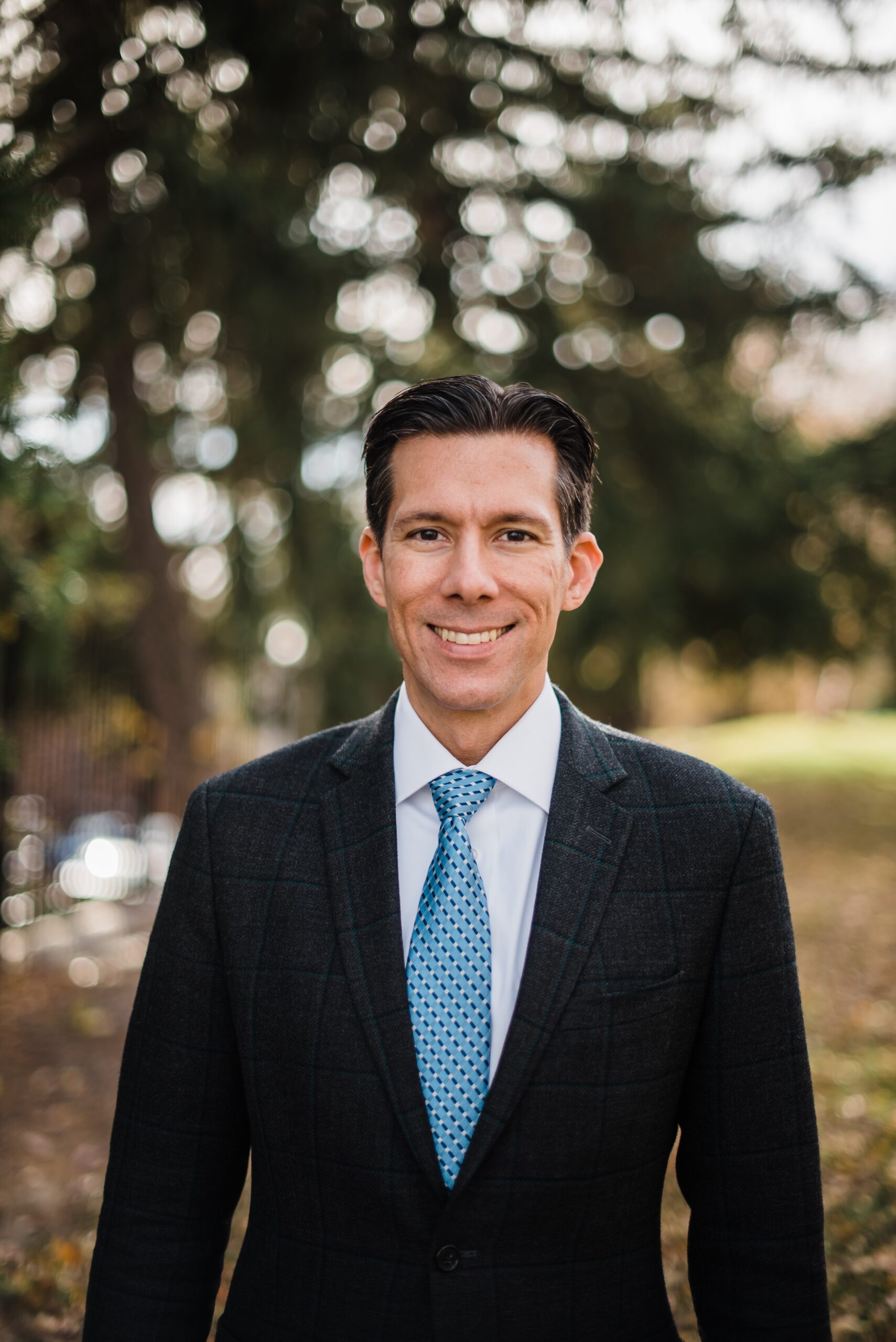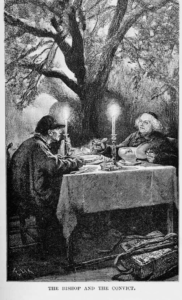What’s Wrong with Christian Nationalism? with Paul D. Miller
August 9, 2024
Overview
Speakers
-
 PAUL D. MILLER
PAUL D. MILLER -
 CHERIE HARDER
CHERIE HARDER
SHARE

